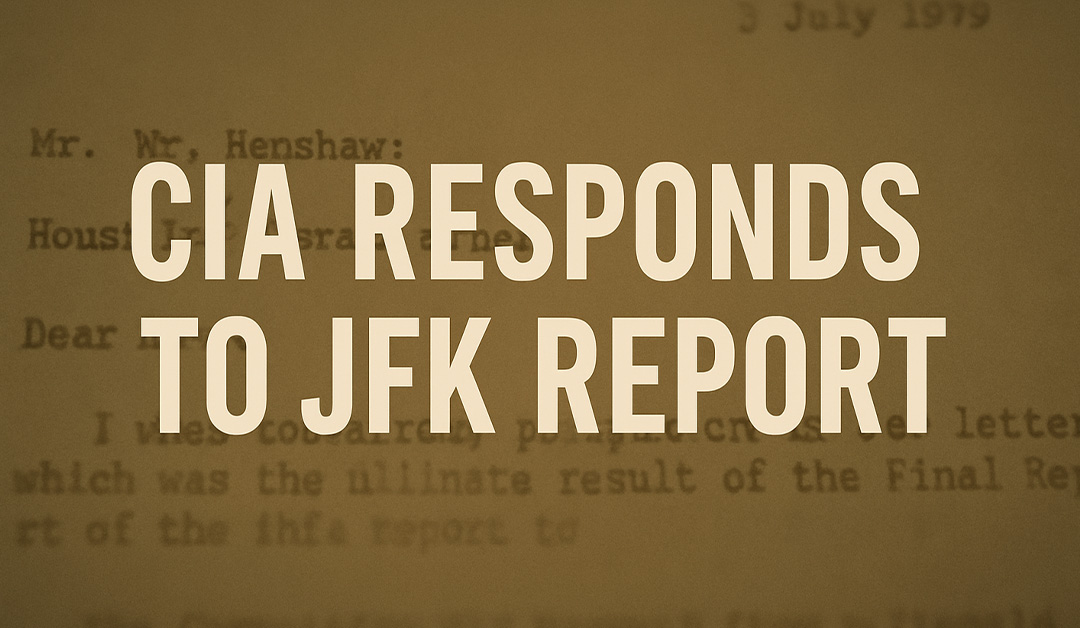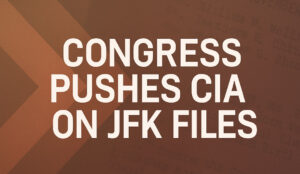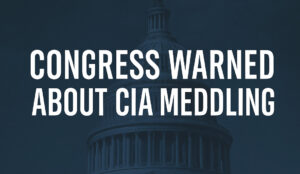A sharp rebuke from within the U.S. intelligence community emerged in the wake of one of the most controversial investigations in American history. This file was located within the recently released MLK files, with no explanation as to why, or why the filename references MLK. Potentially this is an oversight in the office managing records.
In a 1979 letter, the CIA forcefully responded to the House Select Committee on Assassinations (HSCA), which had concluded that the agency failed to adequately collect and share intelligence before and after the assassination of President John F. Kennedy.
The CIA didn’t just disagree.
It called the allegations "inconsistent with the facts."
📁 Full Access Claimed, Accusations Rejected
The CIA claimed it had provided "unprecedented access" to internal records.
According to the letter:
- HSCA staff had unrestricted access to operational and personnel files
- Sensitive information, including sources and methods, was disclosed
- No relevant information was withheld from the committee
"The Committee’s conclusion that there was an ‘intelligence failure’ is not supported by the evidence," the agency wrote.
The CIA emphasized its cooperation and transparency, pointing out that even files considered off-limits under normal conditions had been reviewed by HSCA investigators.
🧾 Denial of Intelligence Shortcomings
Despite the Committee’s finding that the CIA was not directly involved in the assassination, the agency expressed frustration over the lingering suspicion.
The letter stated plainly:
- No advance knowledge of Lee Harvey Oswald’s intent was available
- No operational connection existed between the CIA and Oswald
- The agency remained fully committed to lawful intelligence gathering
It also rejected the idea that internal disorganization or mismanagement had led to oversight or failure.
🧨 A Legacy Under Threat
The CIA’s rebuttal wasn’t just about defending its role-it was about protecting its legacy.
This letter represents a snapshot of how aggressively federal agencies sought to counter growing public distrust during the 1970s.
Even a decade and a half after the assassination, the political fallout remained active.
And while the letter didn’t change the Committee’s conclusions, it shows the depth of institutional resistance to any narrative that questioned the integrity-or effectiveness-of U.S. intelligence at the time.






